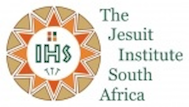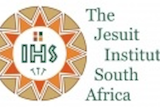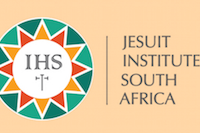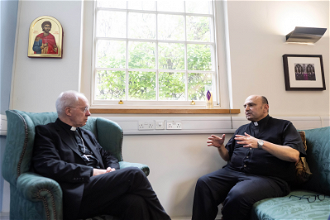South African Reflection: Bad news: Stats show rich really do get richer while poor get poorer

Annually, around one trillion US dollars in trade leaves developing world economies for countries with advanced economies. This is according to statistics crunched by Global Financial Integrity (GFI) which looks at Illicit Financial Flows in 148 developing world countries.
For those unfamiliar with the term as I myself was until this week, GFI defines Illicit Financial Flows (IFFs) as "money that is illegally earned, used or moved and which crosses an international border."
If numbers are too abstract and scare you, consider this. South Africa collects around 1.3 trillion rand (ZAR) in taxes each year, this is the equivalent of 90 billion US dollars (USD). If the total money being lost by developing countries like ours is 1 trillion USD per year, every year developing and emerging world economies lose around eleven times more than the total tax income of a country like South Africa to richer countries.
GFI found that between 2006 and 2015, anywhere between 5.9 and 10.2 billion USD is leaving South African shores for already prosperous economies - economies like those of the USA, UK, China and Germany.
Economists will likely dispute these figures, finding ways to justify them, by saying that we need to interpret these differently. Regardless, the statistics offer a disturbing picture.
For South Africans, even the most conservative annual estimate of 5.9 billion USD in IFFs should sound a siren, that's 85 billion ZAR.
Let us consider the 2019 budget speech presented recently by our minister of finance, Tito Mboweni. Mboweni said that around 32.8 billion ZAR is needed to build new schools, maintain existing schools and install proper toilet facilities in some 2 400 schools where pit latrines are still being used. Again, do the maths...
Were we to eradicate our country's IFFs entirely, we could improve our educational facilities by at least two-and-a-half times more than they are now.
We have all felt the impact of our country's energy problems. Load shedding and power cuts are now a frequent reality.
Mboweni's budget says: "We are setting aside R23 billion a year to financially support Eskom during its reconfiguration."
Now, listen to this. If we reduced our IFFS by only a quarter, we would possibly have enough money to fund the 'reconfiguration' of an essential enterprise like Eskom. Isn't it frightening.
I could crunch the numbers over and over. But the point is this: the poor always suffer most, and at the expense of the rich - whether rich people or rich nations.
The minister ended his budget speech citing the prophet Isaiah who says, "and all the trees of the field shall clap their hands". It seems that only some of the trees have been allowed to grow. And these are now towering above, pouring a deathly shade on those struggling to survive below their thick branches.
Follow Ricardo da Silva SJ on Twitter @ricdssj
Follow The Jesuit Institute on Twitter @JesuitInstitute





















